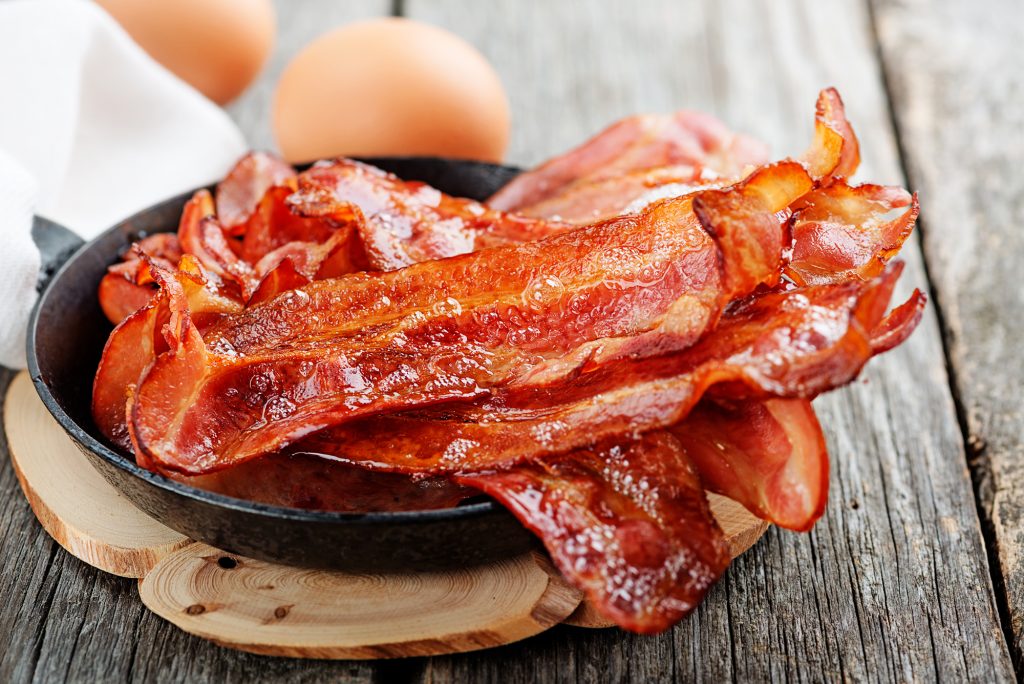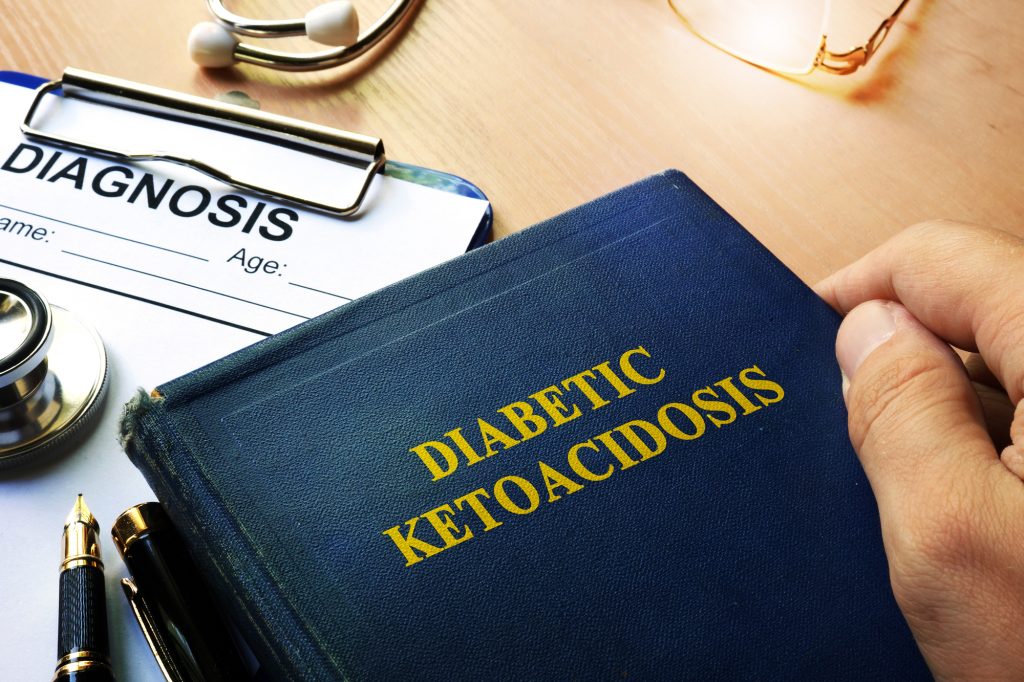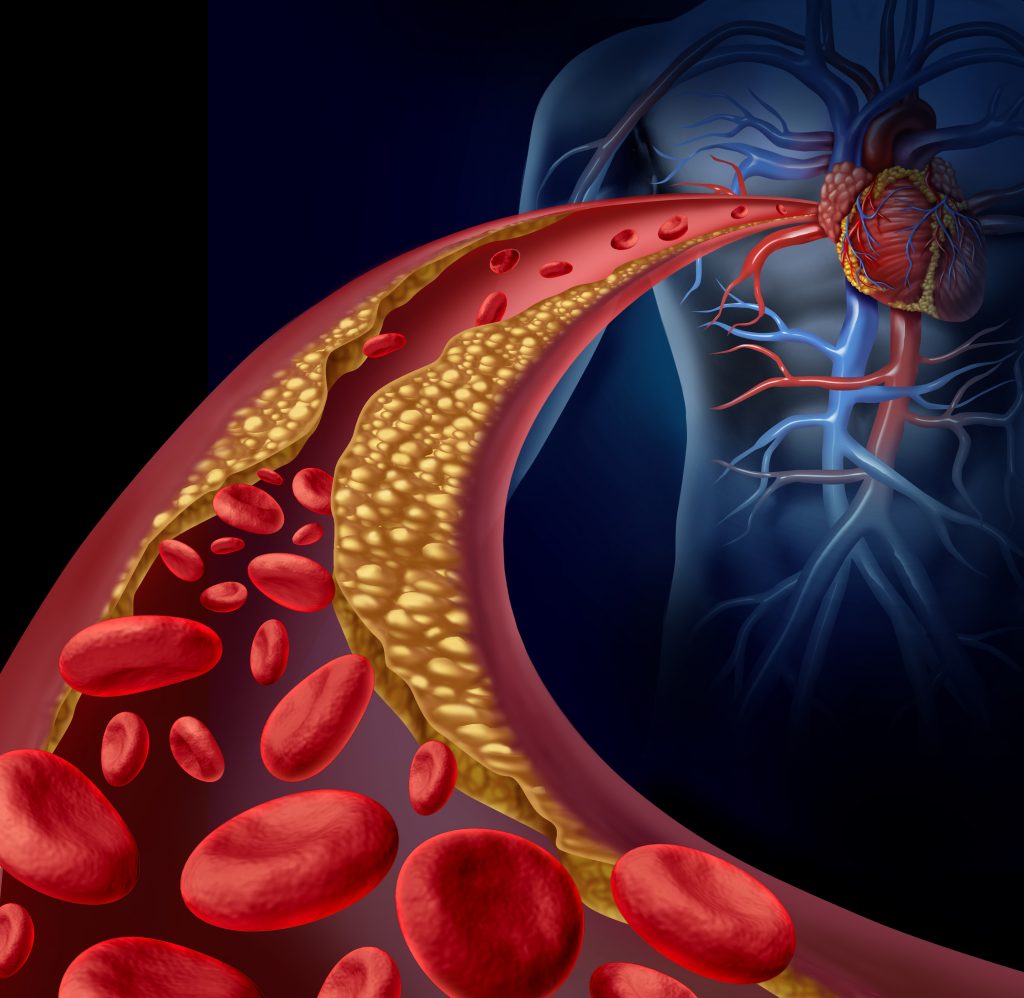8 Keto Myths Debunked: Are You Also Making These Mistakes?

The ketogenic diet is one of the most trending diets around the world. Millions of people share their incredible weight loss stories on social media, making the keto diet extremely appealing. Unfortunately, the internet is getting packed with the keto diet misconceptions that lead to dirty dieting and average (or even negative) weight loss results. In this article, we debunk the most common keto diet myths found online. Read on to learn how to stay on the right keto track!
#1 Keto lets you eat as much bacon and butter as you wish

Advertisement
FALSE. While the keto diet has to be rich in fats, your daily meals shouldn’t consist of saturated fats only. Consider moderating bacon, cheese, butter or sausages and fill your diet with healthy fats instead (i.e., olive oil, salmon, avocados, etc.)
#2 It’s OK to go on and off keto

FALSE. This one seems like a no-brainer, but somehow many people believe it’s OK to go a few days or weeks on the keto diet and then eat carbs the next week. This approach is absolutely ineffective and leads to fast weight gain in a few days. Follow the keto diet continuously to get its maximum benefits.
#3 There are various versions of the keto diet

TRUE. The standard ketogenic diet (SKD), which typically consists of 75% fat, 20% protein, and only 5% carbs, is the common version that is recommended for most people. The few other keto diet types, like the cyclical ketogenic diet (CKD) and a targeted ketogenic diet (TKD), are more advanced and only used by athletes or bodybuilders.
#4 Your body enters ketoacidosis when you start the keto diet

FALSE. It’s actually ketosis that you enter on the keto diet. This is an important distinction because ketosis isn’t the same thing as diabetic ketoacidosis, a potentially life-threatening complication of diabetes that happens when your body does not get enough insulin with rising ketone levels.
#5 A keto diet is very high in protein

FALSE. You need to eat protein carefully! That’s what distinguishes the keto diet from the Atkins diet – keto limits protein to about 20 percent of your daily calories, while there is no cap on Atkins.
#6 You can’t eat fruits or vegetables on keto because they are high in carbs

FALSE. You need fiber even on keto! You can get it from non-starchy veggies like zucchini, cucumbers, cauliflower, peppers, etc. Fiber slows the absorption of glucose and therefore decreases the GI (glycemic index) of a meal. Fiber also helps to keep our bowel action regular and relieves constipation.
#7 The keto diet is unhealthy and can clog arteries

FALSE. Numerous studies are indicating that a ketogenic diet may provide many health benefits, especially with metabolic, neurological, or insulin-related diseases. Did you know that this diet originated as a tool for treating neurological diseases such as epilepsy?
#8 Keto diet doesn’t include desserts

FALSE. Following the keto diet doesn’t mean you have to stop eating pies, cakes, or cookies. You just need to make a keto-friendly version of them!
Conclusion
In conclusion, the ketogenic diet is becoming more and more popular as a strategy for losing weight and enhancing health. However, many myths and misunderstandings are associated with its huge trend. When it comes to the ketogenic diet, it’s critical to distinguish truth from myth.







Comments (0)